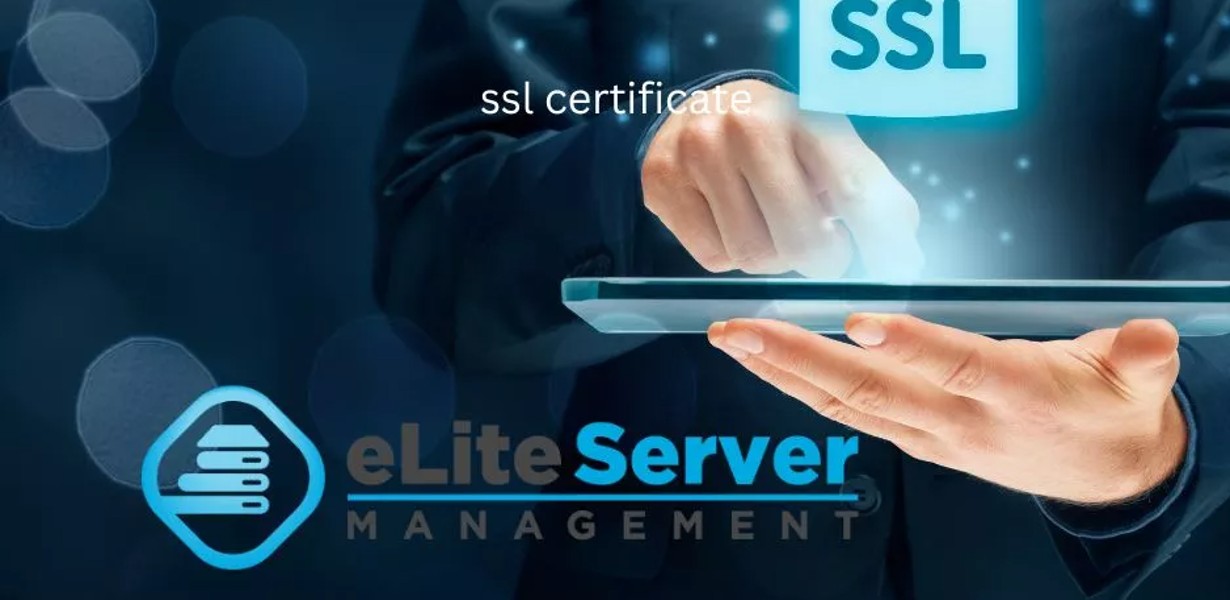
In the fast-paced digital world, the security of online data is paramount. SSL certificates have emerged as an integral aspect of web security, ensuring data encryption and secure connections. This comprehensive guide dives deep into SSL certificates, demystifying their importance, types, installation, and much more. By the end of this journey, you’ll be a tech enthusiast well-versed in SSL certificates.
What are SSL Certificates?
SSL stands for Secure Sockets Layer. It’s a cryptographic protocol that secures the communication between a user’s web browser and a website’s server. SSL certificates are digital files that establish a secure link, ensuring that data remains encrypted and confidential.
SSL certificates play a critical role in building trust among website visitors. When a website has an SSL certificate, you’ll see a padlock icon in the address bar, assuring you that the connection is secure.
Types of SSL Certificates
SSL certificates come in various types, each catering to different needs:
Domain Validated (DV) SSL Certificates
DV certificates are the simplest and quickest to obtain. They verify that the person requesting the certificate has control over the domain. These certificates are ideal for personal websites and blogs.
Organization Validated (OV) SSL Certificates
OV certificates require more extensive validation. They not only verify domain ownership but also the legitimacy of the organization. OV certificates are suitable for business websites.
Extended Validation (EV) SSL Certificates
EV certificates are the gold standard in SSL security. They provide the highest level of validation, requiring extensive documentation to prove the legitimacy of the business. When you see the green address bar on a website, it has an EV certificate, signifying the utmost trustworthiness.
Installing an SSL Certificate
Installing an SSL certificate depends on the hosting and server you use. For most, it involves generating a Certificate Signing Request (CSR), purchasing the SSL certificate, and configuring it on the server. Many hosting providers offer a one-click SSL installation, simplifying the process.
Why SSL Certificates Are Vital
Data Encryption
SSL certificates encrypt data, ensuring that any information exchanged between the user and the website remains confidential. This is crucial for e-commerce websites, where sensitive information like credit card details are transmitted.
Trust and Credibility
Websites with SSL certificates are considered trustworthy by visitors. The padlock symbol in the address bar and the “https://” protocol boost user confidence.
Improved SEO Ranking
Search engines like Google prioritize secure websites, giving them a slight ranking advantage. This can positively impact your website’s visibility.
Protection Against Cyber Threats
SSL certificates protect your website from common cyber threats like data breaches and phishing attacks. This ensures the safety of your users and their data.
Browser Compatibility
Most modern web browsers support SSL, making it accessible to a broad audience.
Commonly Asked Questions
Q1: Do I need an SSL certificate for my personal blog?
A1: While it’s not mandatory for personal blogs, having an SSL certificate adds a layer of security and trust. It’s a good practice in today’s digital landscape.
Q2: What’s the difference between DV, OV, and EV certificates?
A2: DV certificates are basic and suitable for personal use. OV certificates validate your organization, and EV certificates offer the highest level of trust.
Q3: How can I check if a website has an SSL certificate?
A3: Look for the padlock icon in the address bar and ensure the URL begins with “https://.”
Q4: Can I get a free SSL certificate?
A4: Yes, there are free SSL certificates like Let’s Encrypt. However, for higher levels of validation, you might need to purchase one.
Q5: Will SSL impact my website’s speed?
A5: Modern SSL certificates have a negligible impact on website speed. In fact, they can improve SEO ranking, which is beneficial.
Final Words
SSL certificates are not just a trend; they are a necessity in the digital age. Whether you’re running a personal blog or managing a large e-commerce platform, SSL certificates should be an integral part of your web security strategy. They not only protect your users but also enhance your online credibility. Invest in SSL today, and take a step towards a safer and more secure internet.
Advertisement








